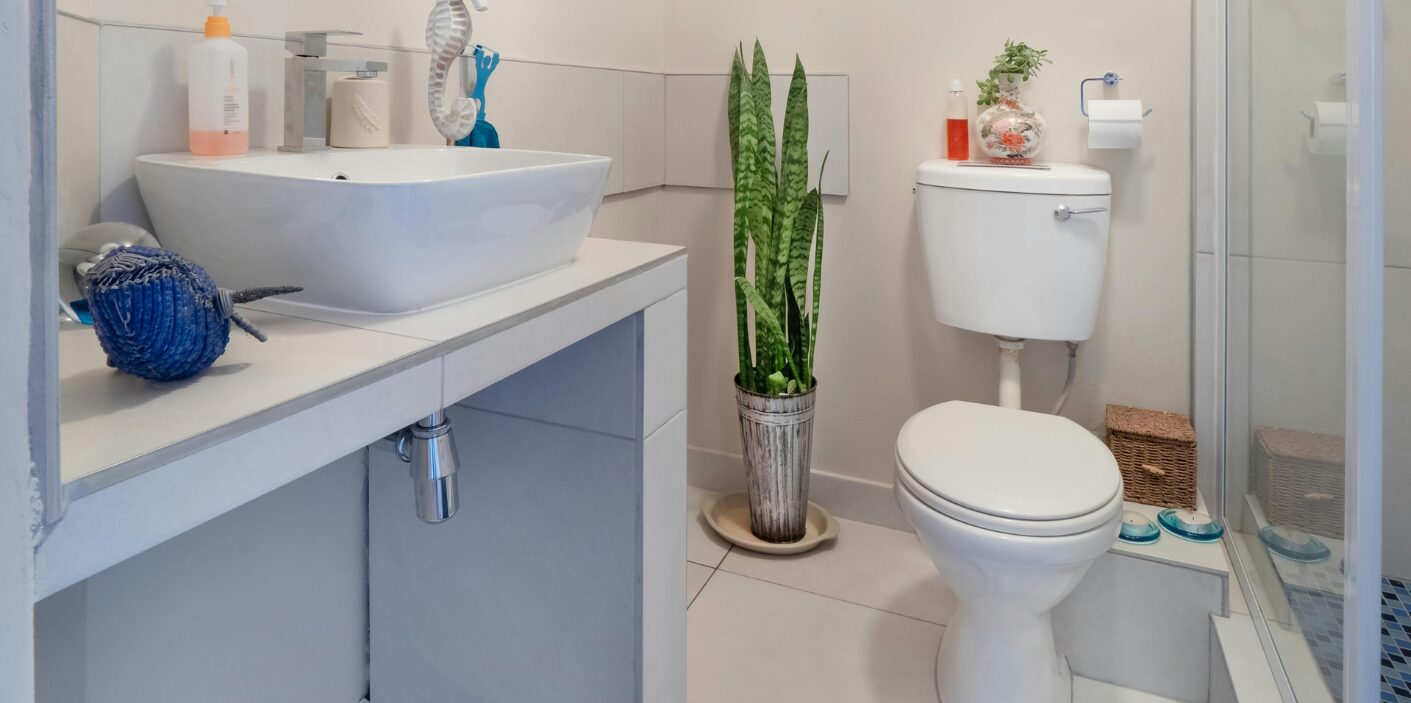If you’ve ever wondered why your drains clog at the worst possible moments, here’s a simple truth: most of the time, the problem starts with everyday habits. The things flushed or rinsed down the drain may seem harmless, but inside your pipes, they create problems you can’t see until it’s too late.
This applies to homes and businesses. Whether you run a restaurant, a salon, or a full household, the system that carries waste away is designed for water and bathroom waste. Anything else causes trouble.
This article breaks down what’s safe, what’s risky, and what to do when your drains show signs of stress.
What Your Drain System Actually Does
Your drains aren’t magic openings. They’re a connected set of pipes that rely on water flow to move waste into the main sewer line. When items that don’t break down are introduced, they stay inside the system. Over time, they collect, stick, harden, and eventually block the passage.
Businesses often face these problems faster because more people use their restrooms and sinks every day. More users = more buildup.
The Everyday Items You Should Never Flush or Rinse
- “Flushable” Wipes
They don’t fall apart inside pipes. They may leave the toilet bowl, but inside your plumbing, they form a trap for other debris.
- Grease, Oil, and Fat
Hot grease starts as liquid. Once it cools, it becomes a solid lump that sticks to your pipes.
- Paper Towels & Tissues
These stay strong when wet, which is great for cleaning but terrible for plumbing.
- Cotton Balls, Pads & Dental Floss
Cotton expands. Floss knots. Together, they create blockages quickly.
- Feminine Products
These absorb liquid instead of dissolving, which makes them a major cause of clogging.
- Hair
Hair forms long strands that act like nets inside pipes.
- Food Scraps & Coffee Grounds
Disposals make people confident, sometimes too confident. Coffee grounds turn into a thick paste that sticks to the pipes.
Why These Items Damage Plumbing
- They don’t dissolve.
- They trap other debris.
- They cause pressure that can crack pipes.
- They block entire sewer lines.
- Businesses risk downtime if water flows back into customer areas.
A cheap pack of wipes can turn into a costly repair very quickly.
Signs Your Drains Are Having Trouble
Drain problems rarely appear overnight. They develop slowly, and the first hints are easy to ignore. If water starts draining slower than usual, toilets require extra flushes, or you hear strange bubbling sounds, these are early signals of trouble. Persistent odors coming from sinks or tubs usually mean debris is stuck somewhere inside the system. If multiple drains clog at once, that often points to a main line problem, which requires immediate attention.
Simple Everyday Habits That Protect Your Plumbing
Preventing clogs doesn’t require complicated routines. Small changes go a long way. Tossing wipes in the trash instead of flushing them, avoiding pouring grease into the sink, and running hot water briefly after using your sink all help keep pipes clear. A small trash bin next to the toilet makes it easier for guests to avoid flushing the wrong items. Drain strainers in sinks and showers catch hair and food scraps before they reach the pipes. For businesses, routine drain cleaning keeps plumbing running smoothly and prevents sudden emergencies.
When It’s Time to Call a Plumbing Professional
If you find yourself fixing the same drain over and over, or if water begins to back up into sinks or tubs, it’s time for expert help. Bubbling or gurgling after flushing, recurring slow drains, or situations where something was flushed that shouldn’t have been all require professional attention. Deep blockages don’t go away on their own, and repeated clogs usually mean something is stuck farther inside the system.
